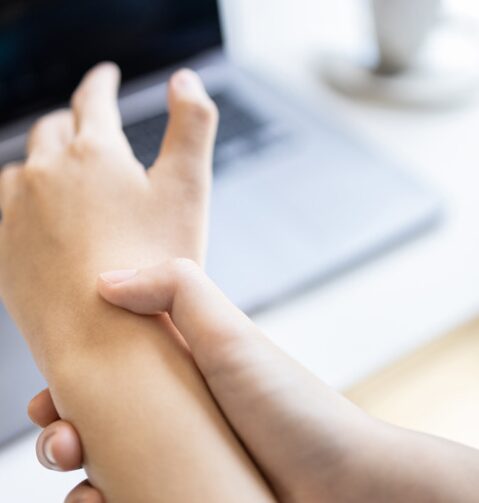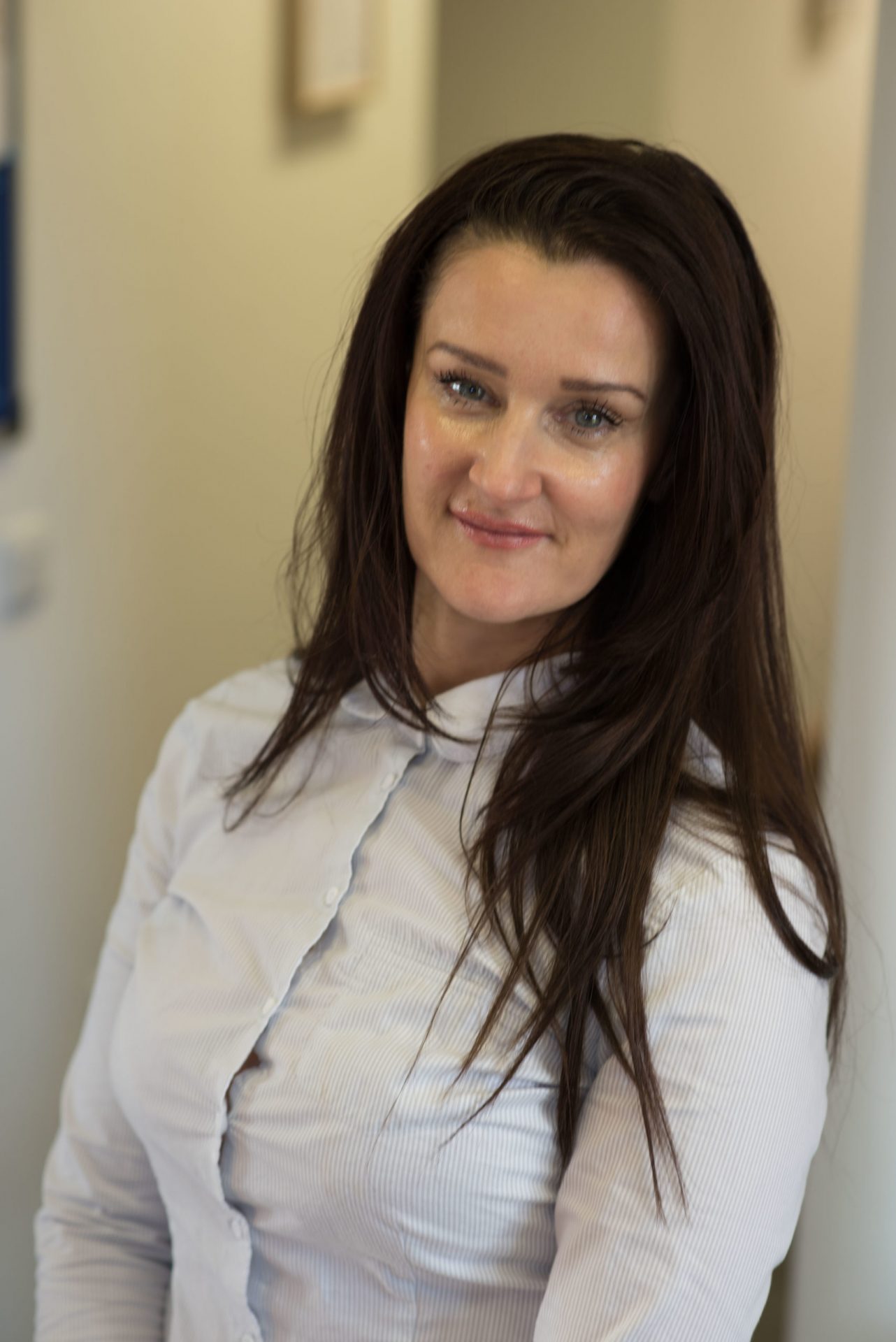Marfan Syndrome
Marfan syndrome is a genetic disorder that affects the body’s connective tissue, contributing to abnormalities in various parts of the body, including the skeleton, eyes, heart and blood vessels. It is caused by a mutation in the FBN1 gene, responsible for producing a protein called fibrillin-1, which is essential for providing strength and elasticity to connective tissues.
Individuals with Marfan syndrome may have a tall, slender build with long limbs, fingers and also toes. The damage caused by this illness can be mild or severe.
Moreover, this condition affects men and women equally and occurs among all races and ethnic groups. Because it’s a genetic condition, the greatest risk factor for Marfan syndrome is having a parent with the disorder.
Symptoms of Marfan syndrome
The signs and symptoms of Marfan syndrome can vary greatly, even among members of the same family, because the disorder can affect so many different areas of the body. Some people experience only mild effects but others develop life-threatening complications.
Some features may include:
- Tall and slender build
- Disproportionately long arms, legs and fingers
- A breastbone that protrudes outward or dips inward
- A high, arched palate and crowded teeth
- Heart murmurs
- Extreme nearsightedness
- An abnormally curved spine
- Flat feet
Causes
Marfan syndrome is caused by a defect in the gene that enables your body to produce a protein that helps give connective tissue its elasticity and strength.
Most people with Marfan syndrome inherit the abnormal gene from a parent who has the disorder. Each child of an affected parent has a 50-50 chance of inheriting the defective gene. In about 25% of the people who have this condition, the abnormal gene comes from neither parent. In these cases, a new mutation develops spontaneously.
Moreover, diagnosing this condition involves a clinical evaluation based on a set of criteria called the Ghent nosology, which considers various physical features, family history and imaging tests to assess the heart and blood vessels.
Are you suffering from any foot condition? At The Chelsea Clinic, we can help. One of our podiatrist can assist and then recommend what treatments are best to get you back on track. Podiatrist South Kensington
Schedule an appointment here or you may call us at +44 (0) 207 101 4000.
We hope you have a feetastic day!
-The Chelsea Clinic and Team




